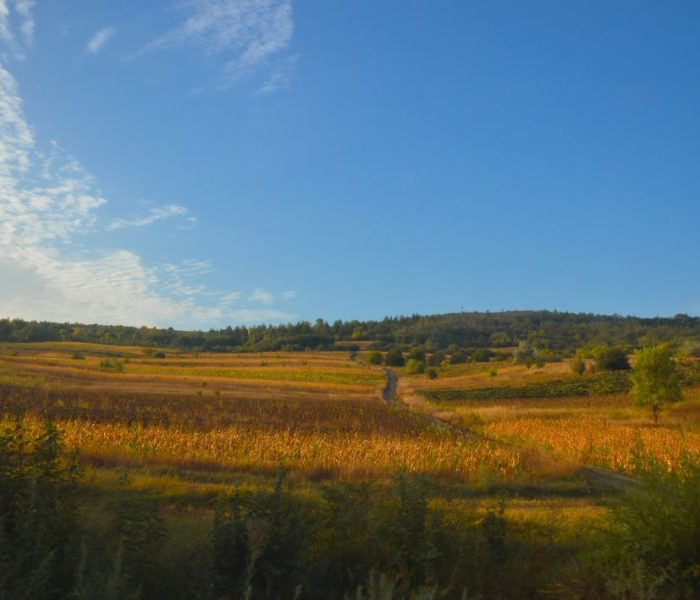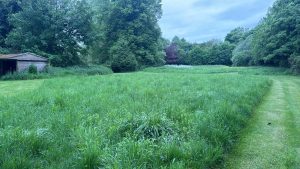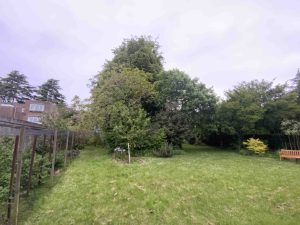Biodiversity Net Gain (BNG) Assessment
Planning-ready Biodiversity Net Gain assessments that define your baseline, set a practical route to uplift, and keep your project moving with clarity and control — delivered nationwide by experienced ecologists.
Do you need a Biodiversity Net Gain Assessment?
You’ll need a BNG Assessment if your development falls under the Environment Act 2021 or local planning policy requiring at least a 10 percent net gain.
Most planning authorities now expect clear, measurable evidence that your design will leave biodiversity better than it found it.
Early assessment prevents validation delays, redesign, and seasonal constraints that can stall project schedules.
What is a Biodiversity Net Gain Assessment?
A BNG Assessment quantifies ecological change using the DEFRA Biodiversity Metric 4.0, comparing pre- and post-development habitat value.
It defines a realistic route to achieve or exceed the 10 % requirement through on-site enhancement, off-site delivery, or statutory biodiversity credits.
BNG evidence supports planning validation, mitigation design, BNG Metric 4.0 outputs, and long-term management plans — keeping your project compliant and predictable.
A clear BNG pathway keeps your planning route defensible from first layout to final condition sign-off.
Trigger points — signs your site needs BNG clarity
These indicators suggest your site might require more than a basic walkover and may attract LPA scrutiny:
- New build or major infrastructure projects
- Brownfield redevelopment with habitat value
- Greenfield expansion or edge-of-settlement schemes
- Sites near habitat networks or water features
- Applications referencing BNG in validation checklists
- Local policy or SPD requiring measurable uplift
Early BNG scoping identifies the simplest route to compliance before design is fixed.
How is a BNG Assessment different from a Biodiversity Gain Plan and Habitat Management and Monitoring Plan?
Purpose: quantify biodiversity change
Output: DEFRA Metric 4.0 calculation
When: before design freeze / planning submission
Audience: design teams, planners, ecologists
Depth: technical, evidence-led
Purpose: satisfy the legal BNG condition
Output: statutory-compliant plan for LPA approval and the BNG Register
When: AFTER BNG Assessment, BEFORE permission or condition discharge
Audience: planning officers, legal teams, Natural England
Depth: formal, structured, compliance-focused
Think of it as the difference between calculating the uplift and legally securing it.
Purpose: long-term delivery
Output: 30-year habitat management and monitoring framework
When: after BNG approval, before condition discharge or commencement
Audience: LPAs, ecologists, site managers, long-term stewards
Depth: detailed and operational
What We Deliver
We keep guidance clear and planning-ready — supporting predictable project delivery.
| Service Element | Purpose | Outcome |
|---|---|---|
| Baseline Survey & Habitat Classification | Map and score existing habitats | Verified data for BNG metric |
| DEFRA Metric Calculation | Quantify pre/post development biodiversity units | Transparent 10%+ gain evidence |
| Design Integration | Link layout and landscape plans to BNG targets | Realistic habitat creation plan |
| Mitigation & Enhancement Strategy | Define habitat measures and maintenance | Planning-ready documentation |
| Off-Site or Credit Assessment | Evaluate alternatives if on-site gain is limited | Fully compliant BNG route |
| Monitoring & Management Plans | Secure long-term habitat value | Predictable compliance over time |
How it Works
Our process is designed to remove friction and keep decisions moving.

Scoping & Baseline
Review your layout and context to confirm survey and metric requirements.

Habitat Survey & Mapping
Undertake UKHab classification to map baseline value.

Metric Analysis & Design Input
Calculate unit change and advise on layout adjustments or off-site options.

Reporting & Submission
Deliver a planning-ready BNG report aligned to DEFRA and local policy.
Early alignment between design and metric keeps BNG predictable — not reactive.
Timing & Survey Windows
Early instruction secures the survey window and keeps ecology off the critical path.
That’s how project control is maintained.
BNG integration
Year-round
Follow-on Species Surveys
Seasonal
PEA Survey Season
Year-round
Why planning officers request BNG Assessments
BNG is now embedded in national policy. Without early clarity, LPAs issue validation queries, request redesigns, or defer decisions until BNG deficits are resolved.
Planners expect structured, defensible evidence showing compliance towards:
- Environment Act 2021 — mandatory 10 % net gain
- Town and Country Planning Act 1990 (as amended)
- NPPF Section 15 — Conserve and enhance the natural environment
- DEFRA Metric 4.0 & BNG Guidance
- Local Planning Policy and SPD requirements
Early alignment with these standards ensures your planning authority receives clear, compliant evidence from the first submission — no second rounds required.
Our Approach
ProHort BNG reports are built to meet national and local policy tests, delivered nationwide with clarity and precision. Our reports are written for real-world application, concise enough for planners, and detailed enough for scrutiny.
Planners expect structured, defensible evidence:
- Baseline habitats are accurately classified.
- Post-development design achieves measurable uplift.
- Long-term management is secured.
- Off-site measures or credits are proportionate and costed.
Proactive BNG work demonstrates control, foresight, and credibility. Our methods are transparent and applied consistently nationwide.
That’s how evidence stays proportionate, design stays on schedule, and your programme keeps moving.
How this supports your project
A well-timed BNG:
- Establishes a clear habitat baseline early.
- Prevents planning delays from missing BNG evidence.
- Supports design and layout optimisation.
- Integrates with EIA and Protected Species reports.
- Provides quantified outputs for planning conditions and the BNG register.
Securing BNG early keeps planning and construction timelines predictable.
Case Insight
Your Next Step
Get the ecological clarity that keeps your design on track.
Phone: 0800 494 7479
Email: [email protected]
BNG FAQ - Planning and Programme Clarity
Is BNG mandatory for all developments?
No. The statutory 10% Biodiversity Net Gain requirement applies to most planning applications — major developments from February 2024 and small sites from April 2025 — but several categories are exempt. These include householder applications, permitted development, very small-impact schemes (under 25 m² habitat or 5 m linear habitat), qualifying self-build projects (up to 9 dwellings on ≤0.5 ha), and specific specialist developments such as BNG-delivery sites and certain national infrastructure works. Transitional provisions also exempt applications submitted before the BNG commencement dates.
How is BNG measured?
Using DEFRA Biodiversity Metric 4.0, which scores habitats by area, condition and distinctiveness.
What if our site has limited habitat value?
Baseline deficits still require reporting — we confirm risk and document proportionate evidence.
Can we offset BNG off-site?
Yes, through registered off-site units or statutory credits if on-site gain is not achievable.
Do we need a BNG Assessment before planning submission?
Yes. Most LPAs now treat it as validation evidence for major applications.
Can BNG be combined with EIA or Protected Species work?
Absolutely — we integrate survey data across disciplines to avoid duplication.
How long does a BNG Assessment take?
Typically 10 working days from survey to submission, depending on project scale.
Can you review an existing metric from another consultant?
Yes — we validate inputs and advise on adjustments to satisfy LPA review.
What information do you need to start?
A red-line boundary, layout plan (if available), and target planning dates.
Will this affect our design timeline?
Only positively — early BNG scoping keeps projects on schedule and avoids last-minute policy delays.





